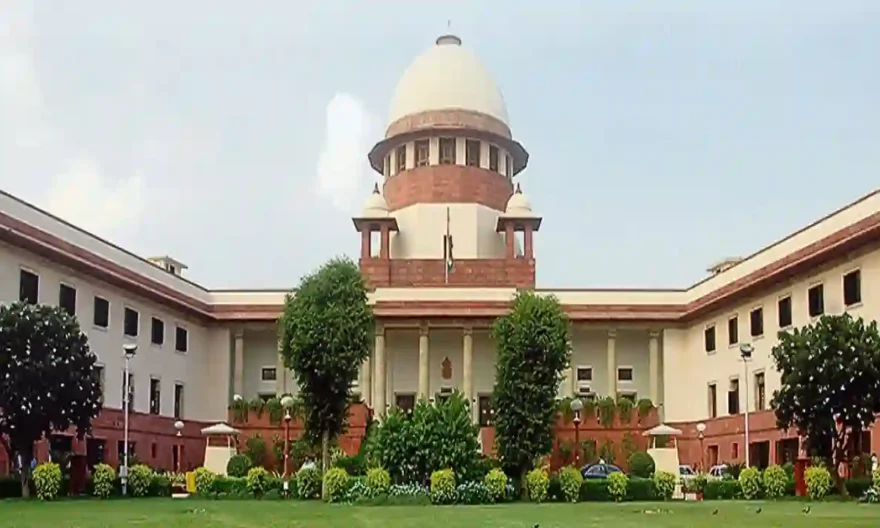
The Supreme Court on Friday upheld the interview criteria used by High Courts and the Supreme Court to designate lawyers as Senior Advocates, but removed publishing points as a criterion.
A bench of Justices Sanjay Kishan Kaul, Ahsanuddin Amanullah, and Aravind Kumar further held that, except in extraordinary circumstances, voting by judges for conferring the gown should not be via secret ballot.
“We have upheld interview criteria because it would allow for a more holistic assessment. We attempted to make it manageable by keeping it at a simplified number in relation to the number of candidates. We are not lowering the marks in this category,” the Court stated.
On secret ballot voting and publication, the Court stated, “We have set forth the various aspects on which we were urged. The first is secret ballot voting, which we have stated would be useless in light of the permanent committee. As a result, names have been removed from final lists. It is an honour to be given this award. Commenting on a judge might have negative consequences; voting by secret vote must be the exception, not the rule, with reasons provided. Cutoffs will be tough to assign. There should be no points for publication,” the order stated.
The Court further stated that the process of appointing Seniors should be carried out at least once a year by the High Courts and the Supreme Court.
“At least once a year, the exercise should be performed. We have stated that younger advocates are welcome to apply,” the bench stated.
The Court also ordered that all pending applications for senior gowns be reviewed in accordance with the modified directions passed by the Supreme Court in today’s decision.
The applicants were also given the option to amend their applications.
“Existing ones must follow the guidelines we’ve laid out, and we ask that this be done as soon as possible. Time allotted for application updates. We hope it serves the purpose of serving litigants,” remarked the Court.
The decision came in response to petitions asking for a review of the rules governing the designation of lawyers as Senior Advocates. The bench deferred its verdict in the case on March 16, this year.
The Central Government noted in its modification application that the new system has resulted in a ‘dilution’ of the esteem, elegance, and dignity connected with the process of conferring designations.
As a result, it urged for a return to the old system of performance-based evaluation by full courts followed by a secret ballot vote.
The Supreme Court Bar Association has asked for the interview and publication points to be removed.
During the hearings, the Court maintained that when bestowing senior government, some discretion should be left with the whole courts of High Courts and the Supreme Court.
The Supreme Court established criteria for Senior designations in its 2017 ruling in Indira Jaising, which are applicable to all courts.
According to the guidelines, each court would have a CDSA (Committee for the Designation of Senior Advocates). All applications for designation would be reviewed by the Permanent Committee, which would include the Chief Justice, the two most senior judges, the Attorney General/Advocate General, and a renowned member of the bar nominated by the other four members.
On February 16, the Bench remarked that various concerns may arise in different High Courts, before adding that issues emerging from the judgment’s concluding paragraph will be addressed first.
The relevant paragraph allows for the existing process to be ‘revisited’ based on experience.




